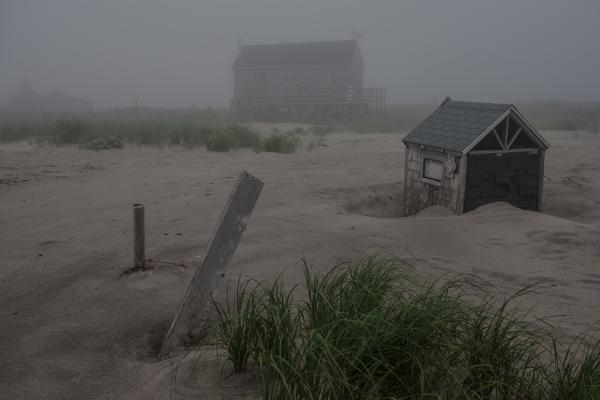But the house and the occupant do share one commonality: they both will someday cease to be. Both will pass away. The occupant, who was not the house, will die; and the house, who was not the occupant, will burn down or molder down or be torn down or undergo some other such ending. All will be gone. All the pieces and parts of our lovely story gone into dust and ashes. All of them gone as pieces, anyway.
What is and always will be is what neither the house nor the occupant, as separate entities, ever was. What is and is ever to be is home — the joy-giving, rest-filled, and light-bearing presence within experience of the reality of "home." What is, is the translation of passing tangibles into the eternal. What is, is the fusing of occupant and house into one that is neither, but both together. What is, is a story about an occupant and a house that, in truth, is really a story resurrection bodies and the kingdom of God, as in "Thy Kingdom come, Thy will be done on earth as in Heaven."
Read the Full Article

